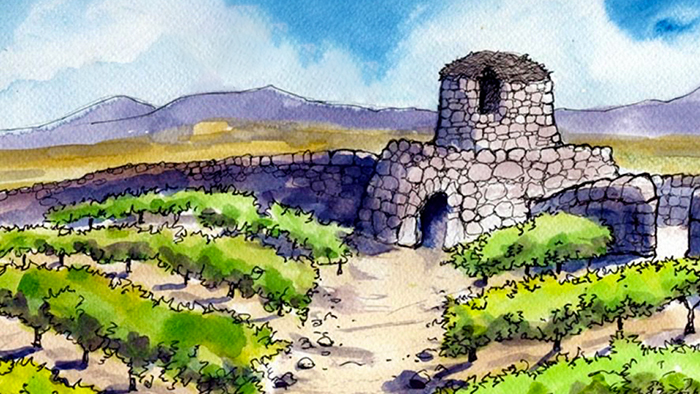
Fr. George Smiga offers a beautiful reflection on the Parable of the Wedding Feast that we read today in the Gospel of Matthew, which portrays a God of invitation. Underlying this parable is a fundamental theological belief that the invitation of God is supreme. It is really the only thing that matters. Our worthiness, successes, and failures do not count as much as God’s call. Therefore, worthiness does not result from all the good things that we have done but simply from our willingness to say “yes” to the invitation. Unworthiness is not determined by the mistakes and sins that we have committed but simply by our stubbornness in refusing to come to the wedding banquet. The parable is very clear on this. There are many misperceptions we can have about the Christian faith. At times, we may think that faith is about us being good. But it is really about God being good. Sometimes, we may think faith is about choosing to love God. But faith is really about God choosing to love us. All the good things we do and the wonderful qualities we have do not make us worthy of that love. All the mistakes we have made, all the sins that we have committed, do not disqualify us from the invitation that God is offering. God invites us, and our worthiness depends upon whether we say “yes” or “no” to that invitation. To say this in another way, God does not love us because we are good; we are good because God loves us. We are good because we have said “yes” to God’s invitation, and despite any of our successes or shortcomings, we have chosen to come to the feast. Never think that God loves you because you are good; you come to church and give to charity because you are a good parent, spouse, or friend. All of these things are commendable. But God’s love for you is prior to, and greater than, any of your achievements. Our God is a God of invitation. God invites us all into a relationship, into the divine life. Forget all of your successes and failures, all of your virtues and vices. Simply say “yes” to God’s love. The wedding banquet has been prepared. Come to the feast.









